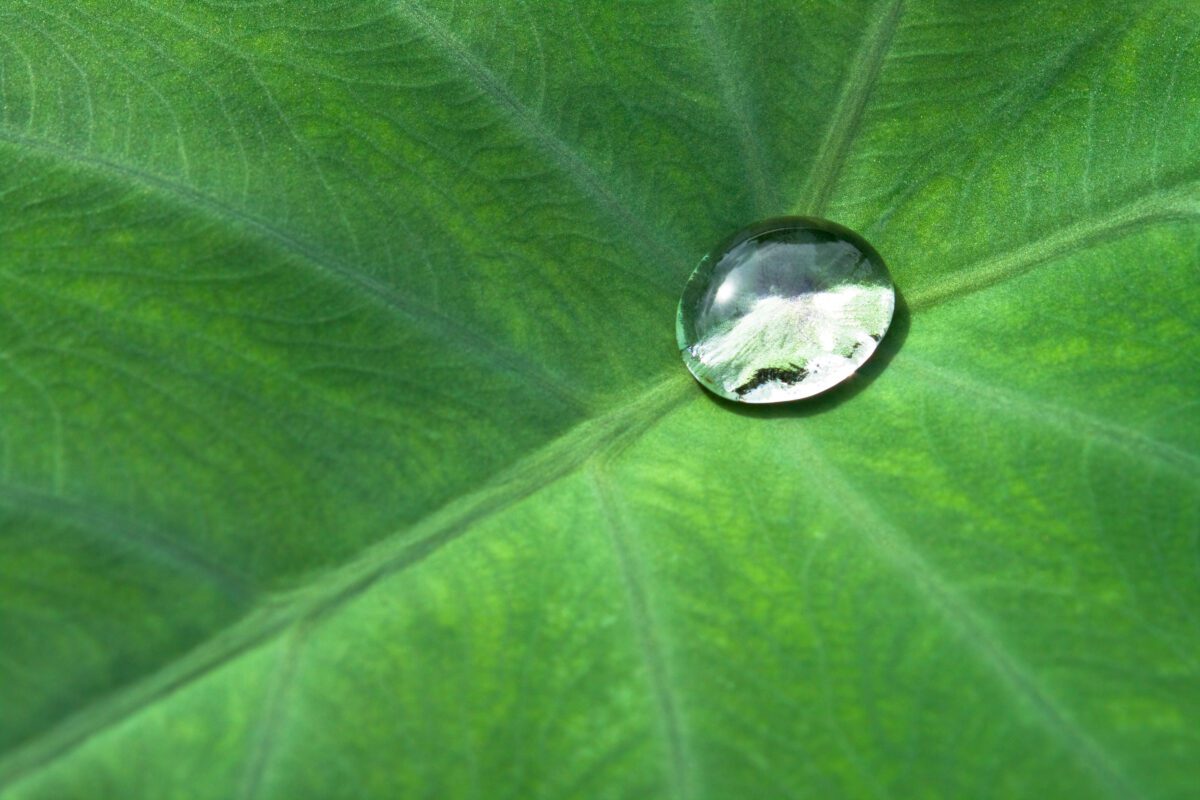Epidemiological studies indicate a strong connection between poor air quality and skin issues, highlighting oxidative stress as a key mechanism by which pollution accelerates skin aging (Fussell J.C. and Kelly F.J., 2020).
Air particles like smog, dust, and harmful gases settle on the skin, often penetrating its deeper layers, leading to inflammation, dehydration, and a weakened barrier that increases sensitivity and irritation.
Pollutants generate free radicals that damage collagen and elastin, essential for skin firmness and youth, resulting in premature wrinkles, fine lines, sagging, and worsening pigmentation issues such as dark spots or uneven skin tone.
Furthermore, pollution can clog pores, causing breakouts and exacerbating acne, while also damaging endogenous DNA, proteins, and lipids, and reducing antioxidant levels in the skin.
CAMELLIA SINENSIS STRATEGIES TO FIGHT POLLUTION
Camellia sinensis employs several strategies to protect itself from pollution while maintaining growth and productivity. One key mechanism is the production of antioxidant compounds, such as catechins and other polyphenols, which neutralize free radicals generated by environmental stressors, including air pollutants. These antioxidants play a vital role in reducing oxidative damage and maintaining cellular health.
Additionally, Camellia sinensis can increase the thickness of its leaf cuticle, forming a more robust barrier that minimizes pollutant penetration and safeguards its internal structures. The plant also modulates stomatal activity, closing its pores to reduce the intake of harmful substances.
We took inspiration from Camellia sinensis to fight pollution damages, and, with a biomimetic approach, we created an effective and natural ingredient to protect the skin from abiotic stressors.
THE SCIENCE BEHIND
Bama tea, from Bama Yao region in China, is celebrated for its health benefits. This remote, pollution-free mountainous area with its unique, temperate climate has attracted experts worldwide due to the exceptional longevity of its residents.
Grown in mineral-rich, unpolluted soil, Bama tea is high in antioxidants, vitamins, and bioactive compounds that support metabolism, boost immunity, and reduce oxidative stress through catechins and polyphenols.
Our Camellia sinensis extract is enriched with active ingredients through a sustainable and innovative extraction process that utilizes ultrasounds and tangential flow filtration to remove waste substances such as fibers and debris.
From this refined extract, LongeviTEA® is born, 100% water-soluble and rich in epigallocatechin gallate, offering a premium solution that harnesses nature’s best components for enhanced vitality and wellness.
POLLUTION-INDUCED DAMAGE MITIGATION
We exposed human keratinocytes to urban dust (composed of polycyclic aromatic hydrocarbons, nitro-substituted polycyclic aromatic hydrocarbons, polychlorinated biphenyl congeners, pesticide residues, inorganic constituents of airborne particulate matter) and simultaneously treated with different concentrations of LongeviTEA®.
LongeviTEA®, in a dose-dependent manner, not only significantly (p<0.05) reduces 8-hydroxy-2’-deoxyguanosine (8-OHdg) (Graph 1), endogenous marker of oxidative DNA damage, but it also acts as anti-inflammatory ingredient decreasing IL-1alpha levels (p<0.05), inflammation marker of pollution exposure (Graph 2).













